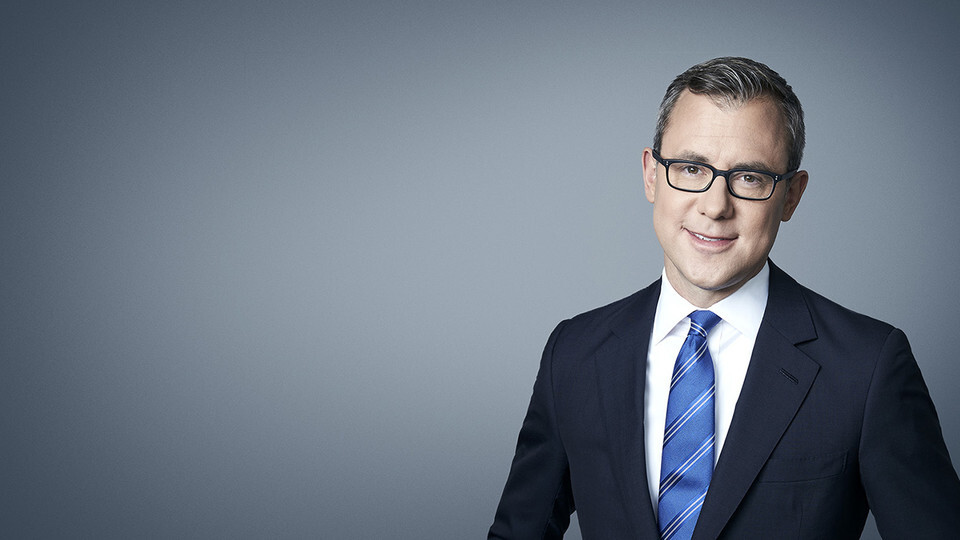
The current mood in Washington, D.C., is a lot like Nebraska weather: It changes quickly.
Jeff Zeleny, senior White House correspondent at CNN, will share insights into covering presidential politics in that highly volatile, breakneck world of the 24-hour news cycle and social media during the Peter J. Hoagland Integrity in Public Service Lecture.
The free, public lecture is 6 p.m. Oct. 5 in the auditorium of the Sheldon Museum of Art.
Zeleny, a 1996 University of Nebraska-Lincoln graduate, has a unique perspective on the presidency of Donald Trump. The native of Exeter has covered three presidential administrations as a reporter at the Chicago Tribune, the New York Times, ABC News and CNN.
In advance of the talk, we checked in with Zeleny to preview the lecture, “Exercising the First Amendment: Covering the Trump Campaign and White House,” and get his take on covering the Trump administration.
How did you go from small-town Nebraska to political reporting at CNN? What made you decide to pursue a career in political reporting?
The short answer: I moved east! From Exeter to Lincoln to Des Moines to Chicago and finally to Washington, where I’ve lived since 2001. I wanted to be a reporter since I was a little kid. I worked in newspapers for most of my career (including a stint as editor of the Daily Nebraskan while at Nebraska) and moved to television a few years ago. I’m incredibly privileged to have a front-row seat to history every day, asking questions and telling people’s stories.
Not many would envy the daily life of a political reporter right now. Could you give a brief walk through a typical day, how you balance the constant stream of news coming from the White House, and how you decide on what to report?
People often ask how the Trump presidency is different than covering the two terms of President Bush and two more of President Obama. The answer? In most every way, but largely because things move more quickly. The news cycle is just faster. Twitter, Facebook and other social media didn’t really exist for much of the previous administrations – at the beginning, at least – and the presidents certainly didn’t tweet. That has made this beat far more hectic and, often, noisier.
Because your lecture will examine the First Amendment, can you give us a preview of what you’ll be sharing?
I’ll be talking about the importance of the First Amendment – not only to journalists, but to everyone. And I’ll try to offer a window into what it’s like working at the White House, where the president may relish being critical of the media, but is more obsessed and savvy about it than any of his predecessors.
After Trump’s surprise victory, a popular argument was that the beltway media shouldn’t have been so surprised, that they were out of touch with the average American voter. As someone who grew up in Nebraska, a decidedly conservative state, do you agree?
Everyone was surprised – starting with Republicans. Very top-level officials in the campaign were skeptical Mr. Trump could win. But definitely, the media could – and should – listen to voters more.
We’re looking forward to seeing you soon, Jeff. Before we go, just for fun, what three shows are you making time to watch?
“House of Cards,” “Homeland” and “Veep.” Sorry, “Game of Thrones” fans.







